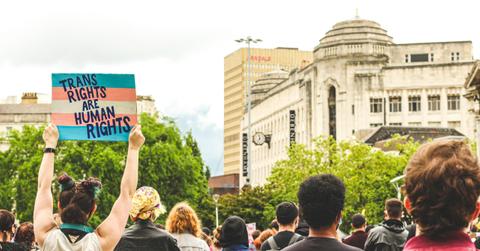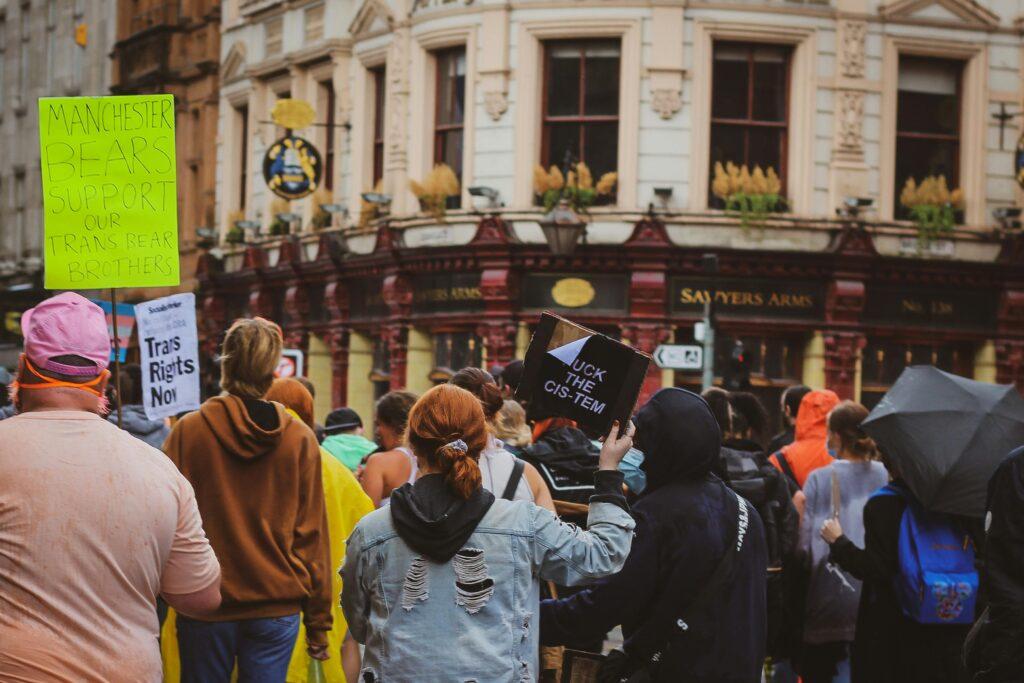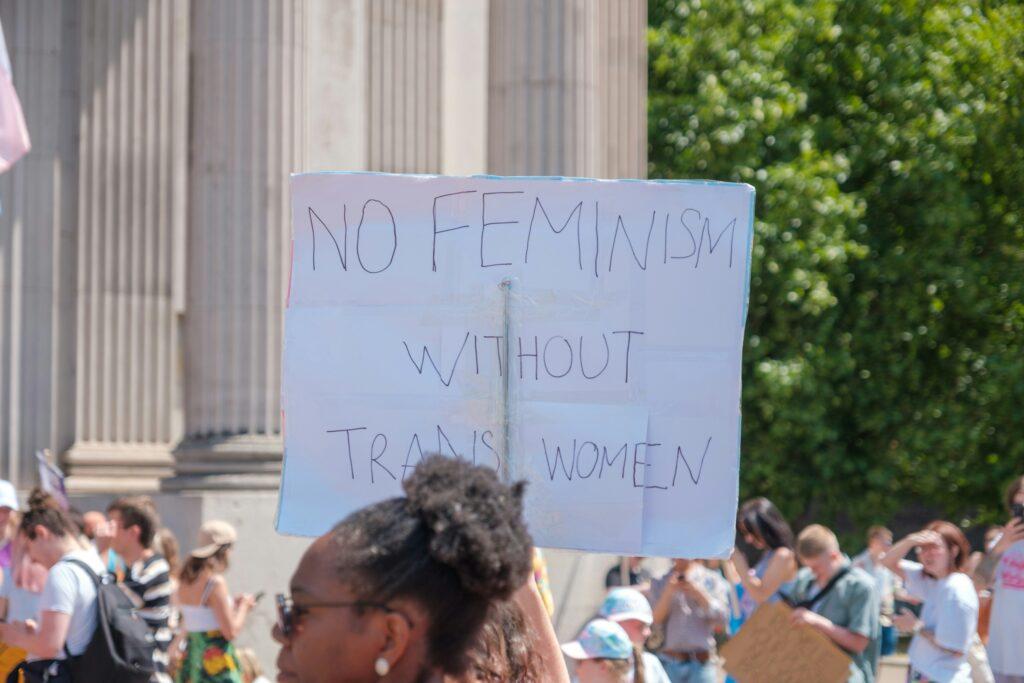UK Supreme Court Ruling Challenges Transgender Rights

Last week, the UK Supreme Court Case For Women Scotland Ltd v The Scottish Ministers finally concluded after several years. In this case, heavily pushed and funded by anti-trans billionaire JK Rowling, the trans-hate group For Women Scotland sued on the basis that sex-based protections applied only to cisgender women.
The UK Supreme Court’s resulting definition was that the legal definition was women are based only on biological sex, ruling sex “binary,” and trans people essentially no longer existent, on a legal basis. This landmark case launched protests around the world, even in the United States.

Court Cases
The key difference is as of now that the United States Supreme Court has not brought such a strict conservative ruling on transgender people. Activists expect conservatives to cite this case if another case appears before the Supreme Court.
The 2020 Supreme Court decision Bostock v. Clayton County ruled that it was unconstitutional to fire someone based on being LGBT. This was built upon in the ruling for R.G. & G.R. Harris Funeral Homes v. Equal Employment Opportunity Commission, where the Supreme Court ruled that transgender people are protected under the Civil Rights Act of 1964, just like every other person and minority in America.
Conversely, a 2019 UK Supreme court case, Forstater v. CGD Europe, ruled that transphobia, also known as “gender critical” views were not only ruled non-offensive, but as protected views.
Public Opinion
In the United States, the fate of transgender people has been front and center in political conversations. When Donald Trump entered his second presidency, he issued a large amount of executive orders targeting the transgender community. According to the data, one in three adults said they think it’s wrong for people to transition, but about one in two adults said they would be supportive if someone they loved came out as transgender. US public opinion has increasingly focused on the issue of transgender women playing sports.
The public opinion of transgender people is very different in the United Kingdom, due to a concept called “gender critical ideology.” This a theory to oppose feminists like Judith Butler who imply sex and gender are social constructs. To gender-critical feminists, like JK Rowling, women can only be those born women, not those with the gender of women. This has become a popularized concept in the UK, holding ciswomen higher than transwomen in the name of feminism. The UK government’s commissioning of the Cass Review, which investigated gender identity in children, also affects trans people in the UK. Due to the report’s harsh review, doctors no longer give medication to transgender children. In the UK, about one in two adults say it’s wrong to transition.

Trans Rights On An International Scale
Ultimately, the UK Supreme Court’s decision in For Women Scotland Ltd v The Scottish Ministers has emphasized the contentious and evolving nature of transgender rights on an international scale. The UK Supreme Court decision sparked significant backlash and protests by defining women strictly by biological sex. In the U.S. rulings that uphold transgender protections under the Civil Rights Act have held, for now.
Despite these legal differences, both countries are experiencing divisions in public opinion, reflecting broader societal tensions. In the UK, people have increasingly embraced gender-critical views, influencing both legal interpretations and public sentiment, while in the US, political lines heavily influence the discourse.
As these debates continue, it is crucial to foster inclusive discussions and policies that respect and uphold the rights of transgender individuals globally. This remains a pivotal moment to engage with empathy and strive for greater understanding across differing perspectives.






